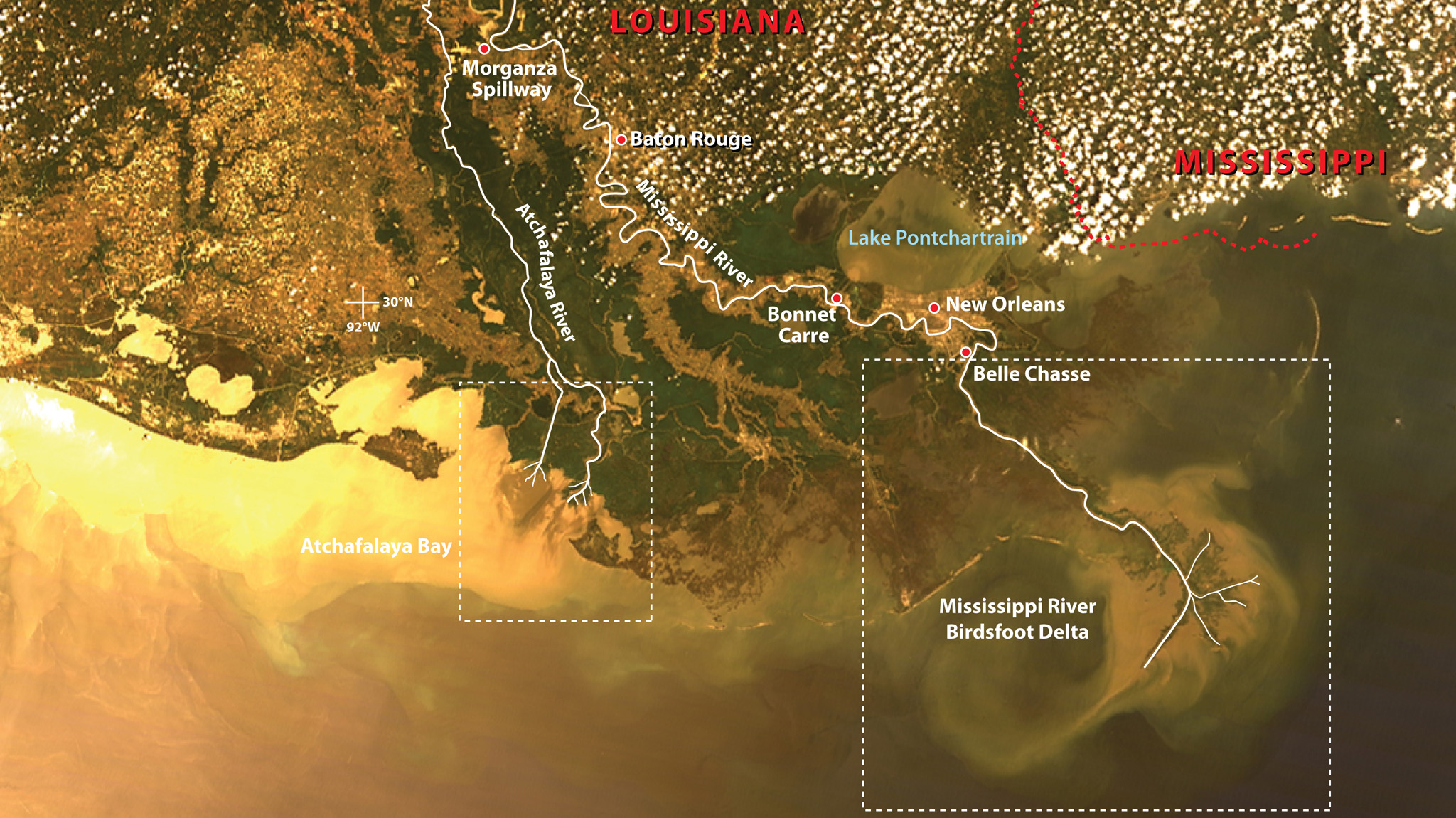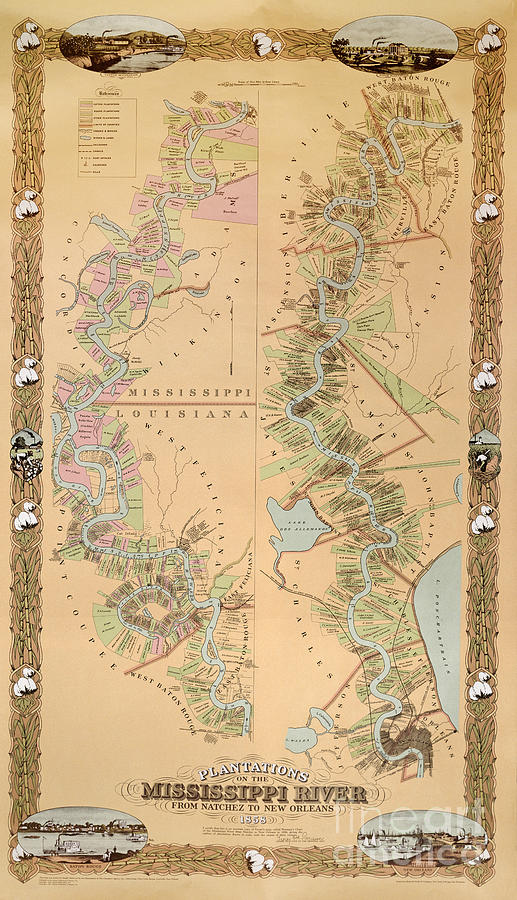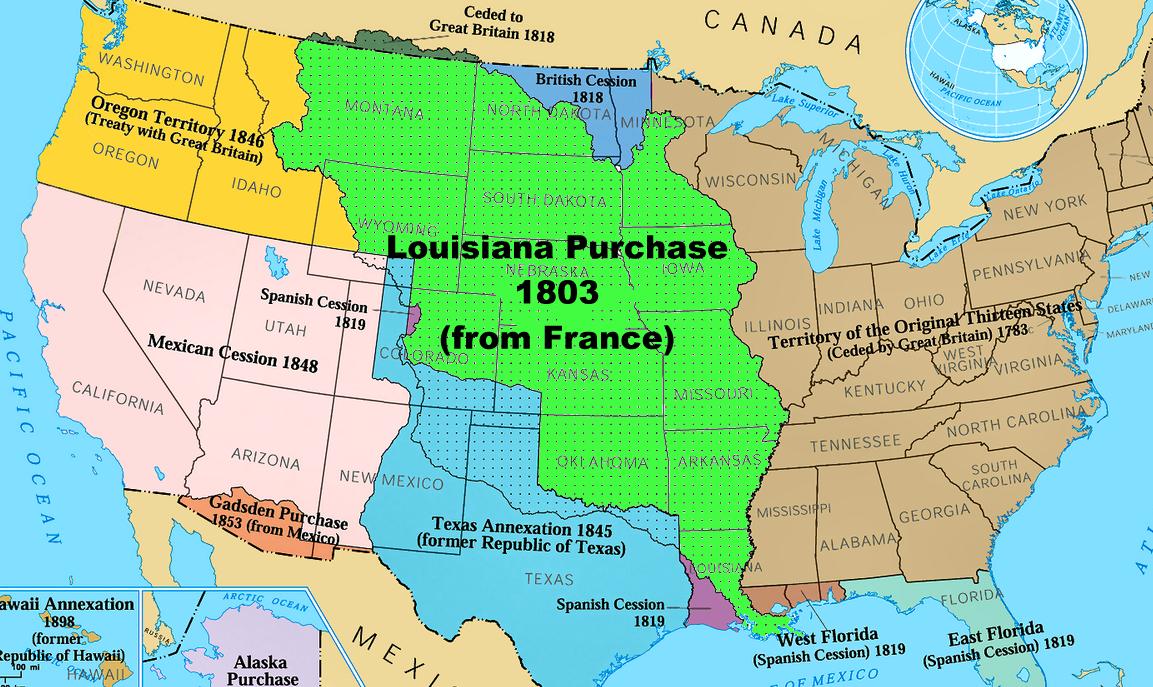Navigating the Lifeline: A Comprehensive Exploration of the Mississippi River’s Influence on Louisiana
Related Articles: Navigating the Lifeline: A Comprehensive Exploration of the Mississippi River’s Influence on Louisiana
Introduction
With enthusiasm, let’s navigate through the intriguing topic related to Navigating the Lifeline: A Comprehensive Exploration of the Mississippi River’s Influence on Louisiana. Let’s weave interesting information and offer fresh perspectives to the readers.
Table of Content
Navigating the Lifeline: A Comprehensive Exploration of the Mississippi River’s Influence on Louisiana

The Mississippi River, a majestic waterway stretching over 2,300 miles, plays a pivotal role in the geography and history of the United States, particularly in Louisiana. This article delves into the intricate relationship between the river and the state, exploring its impact on the landscape, economy, culture, and environment.
A River’s Embrace: Shaping the Landscape
Louisiana’s unique landscape is intricately woven with the Mississippi River. Its vast delta, a fertile expanse of land formed by sediment deposited over millennia, is a testament to the river’s transformative power. This delta, constantly shifting and evolving, is a vibrant ecosystem, home to diverse flora and fauna, and a vital source of sustenance for the state.
The river’s meandering course through Louisiana creates a complex network of tributaries, bayous, and swamps, shaping the state’s distinctive topography. The Atchafalaya Basin, a sprawling wetland system, is the largest swamp in the United States, a testament to the river’s influence on the state’s natural environment.
Economic Lifeline: The Mississippi River’s Vital Role
The Mississippi River serves as a vital economic artery for Louisiana, facilitating the transportation of goods and resources. Its navigable waters provide a cost-effective means of moving agricultural products, manufactured goods, and energy resources throughout the state and beyond.
The river’s impact on the state’s economy is multifaceted. It supports a thriving port industry, with major ports like New Orleans serving as crucial hubs for international trade. The river also fuels the state’s fishing and seafood industries, contributing significantly to Louisiana’s agricultural economy.
Cultural Tapestry: The River’s Influence on Louisiana’s Identity
The Mississippi River is deeply intertwined with the cultural fabric of Louisiana. Its presence has shaped the state’s music, cuisine, and folklore, leaving an indelible mark on its identity.
The river’s rich history has inspired countless stories, songs, and poems, reflecting its significance in the lives of Louisianans. The vibrant music scene of New Orleans, with its jazz, blues, and zydeco traditions, owes much to the river’s influence. Louisiana’s renowned cuisine, featuring fresh seafood and Cajun spices, is a testament to the river’s bounty and the state’s culinary heritage.
Environmental Challenges: The River’s Complex Relationship with the Environment
While the Mississippi River brings significant benefits to Louisiana, it also poses environmental challenges. The river’s immense volume and its tendency to overflow can lead to flooding, particularly during hurricane season. The river’s sediment load can also cause erosion and sedimentation, impacting coastal ecosystems.
Furthermore, the river’s water quality is a matter of concern, as industrial and agricultural runoff can pollute its waters. The state faces the challenge of balancing the economic benefits of the river with the need to protect its delicate ecosystem.
Understanding the River’s Significance: A Closer Look
To fully grasp the Mississippi River’s impact on Louisiana, it is essential to delve into its history, its role in shaping the state’s development, and the challenges it presents.
-
The River’s Historical Significance: The Mississippi River played a crucial role in the exploration and settlement of Louisiana. It served as a vital transportation route, facilitating trade and connecting the state to the rest of the country. The river’s significance is evident in the historical landmarks along its banks, including forts, plantations, and cities like New Orleans.
-
Economic Development and Growth: The Mississippi River has been instrumental in driving Louisiana’s economic growth. Its role in the state’s agricultural, industrial, and tourism sectors has been pivotal. The river’s impact on the state’s infrastructure, particularly its port facilities, has been significant.
-
Environmental Challenges and Conservation Efforts: The Mississippi River’s influence on Louisiana’s environment is multifaceted. The state faces challenges related to flooding, erosion, and water quality. However, Louisiana has implemented various conservation efforts to mitigate these challenges and preserve the river’s ecological integrity.
FAQs: Addressing Common Questions about the Mississippi River and Louisiana
1. What is the Mississippi River’s impact on Louisiana’s economy?
The Mississippi River is a vital economic lifeline for Louisiana, supporting a wide range of industries, including agriculture, fishing, shipping, tourism, and energy. It facilitates the transportation of goods and resources, drives the state’s port industry, and contributes significantly to its agricultural economy.
2. How does the Mississippi River influence Louisiana’s culture?
The river has deeply influenced Louisiana’s cultural identity, shaping its music, cuisine, folklore, and storytelling traditions. Its presence has inspired numerous artistic expressions, reflecting its significance in the lives of Louisianans.
3. What are the environmental challenges associated with the Mississippi River in Louisiana?
The river’s immense volume and its tendency to overflow can lead to flooding. Its sediment load can cause erosion and sedimentation, impacting coastal ecosystems. Furthermore, industrial and agricultural runoff can pollute the river’s waters, posing a threat to its ecological integrity.
4. What are some of the key historical events related to the Mississippi River in Louisiana?
The Mississippi River played a pivotal role in Louisiana’s history, influencing its exploration, settlement, and development. Key historical events include the arrival of European explorers, the establishment of French and Spanish settlements, the Louisiana Purchase, and the growth of New Orleans as a major port city.
5. What are some of the conservation efforts being undertaken to protect the Mississippi River and its ecosystem?
Louisiana has implemented various conservation efforts to mitigate the environmental challenges posed by the Mississippi River, including flood control measures, restoration of wetlands, and initiatives to improve water quality.
Tips for Exploring the Mississippi River and Louisiana
-
Visit New Orleans: Experience the city’s vibrant culture, rich history, and renowned cuisine, all influenced by the Mississippi River. Explore the French Quarter, visit Jackson Square, and enjoy a riverboat cruise.
-
Explore the Atchafalaya Basin: Embark on a guided tour of the largest swamp in the United States, experiencing its unique ecosystem and diverse wildlife.
-
Take a River Cruise: Enjoy a scenic cruise along the Mississippi River, witnessing its beauty and the diverse landscapes it traverses.
-
Visit the Louisiana State Capitol: Learn about the state’s history and government at this iconic landmark, which overlooks the Mississippi River.
-
Attend a Jazz Festival: Immerse yourself in the vibrant music scene of New Orleans, experiencing the influence of the Mississippi River on the city’s cultural heritage.
Conclusion
The Mississippi River’s impact on Louisiana is profound and multifaceted. Its influence is evident in the state’s landscape, economy, culture, and environment. From its role as a vital transportation route to its influence on the state’s unique identity, the river has shaped Louisiana’s history, present, and future. Understanding the river’s significance is crucial for appreciating the state’s rich tapestry and for addressing the challenges it presents. By recognizing the river’s importance, Louisiana can continue to navigate its waters, harnessing its benefits while safeguarding its delicate ecosystem for generations to come.

/Cavelier-58b9ca203df78c353c3731b3.jpg)






Closure
Thus, we hope this article has provided valuable insights into Navigating the Lifeline: A Comprehensive Exploration of the Mississippi River’s Influence on Louisiana. We appreciate your attention to our article. See you in our next article!